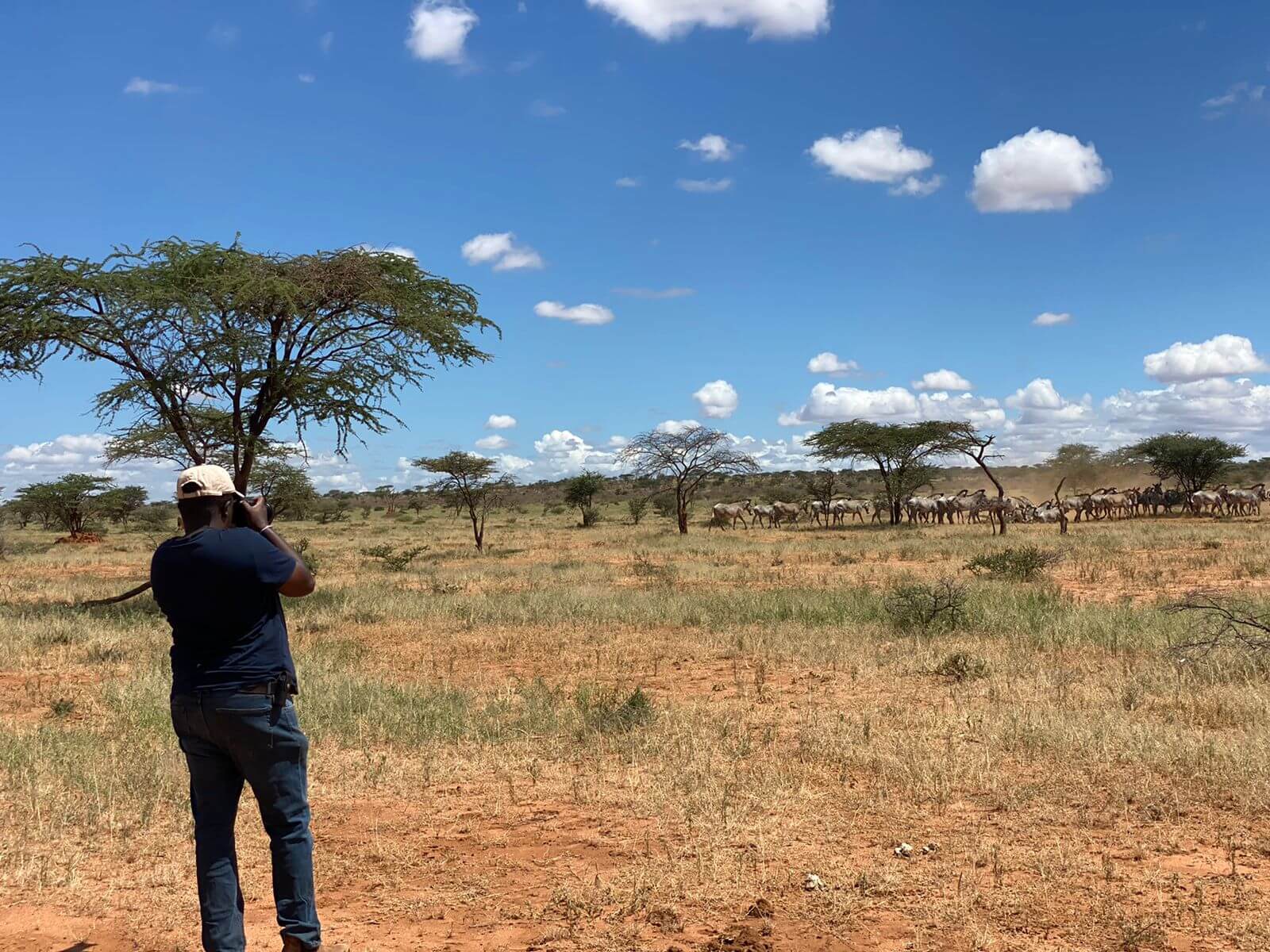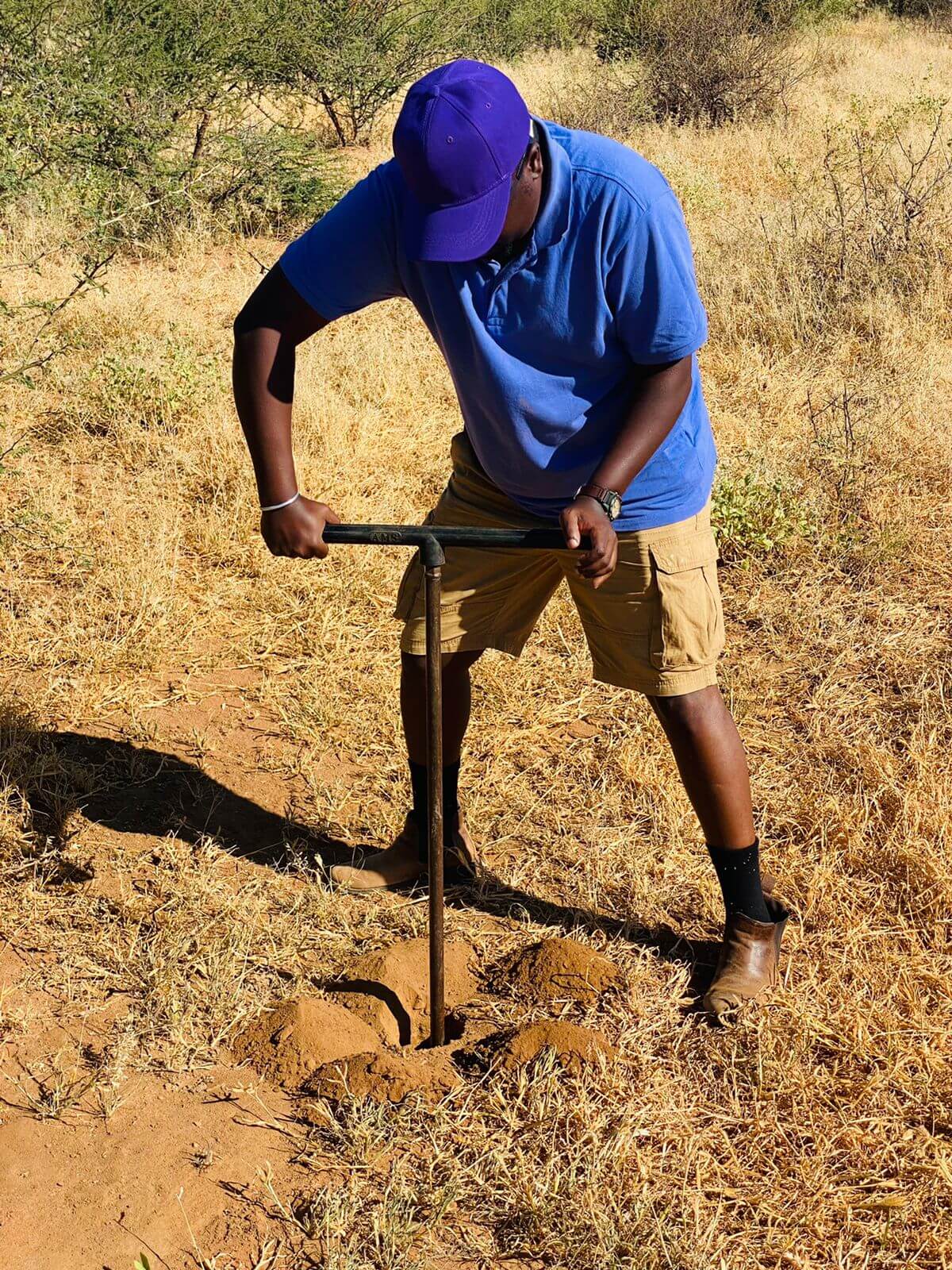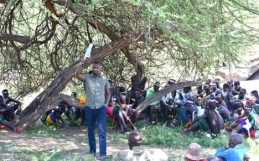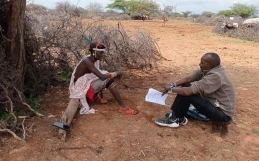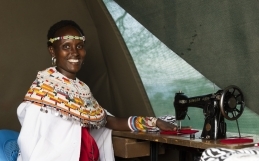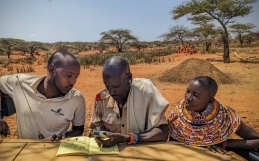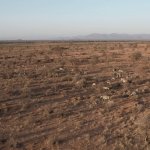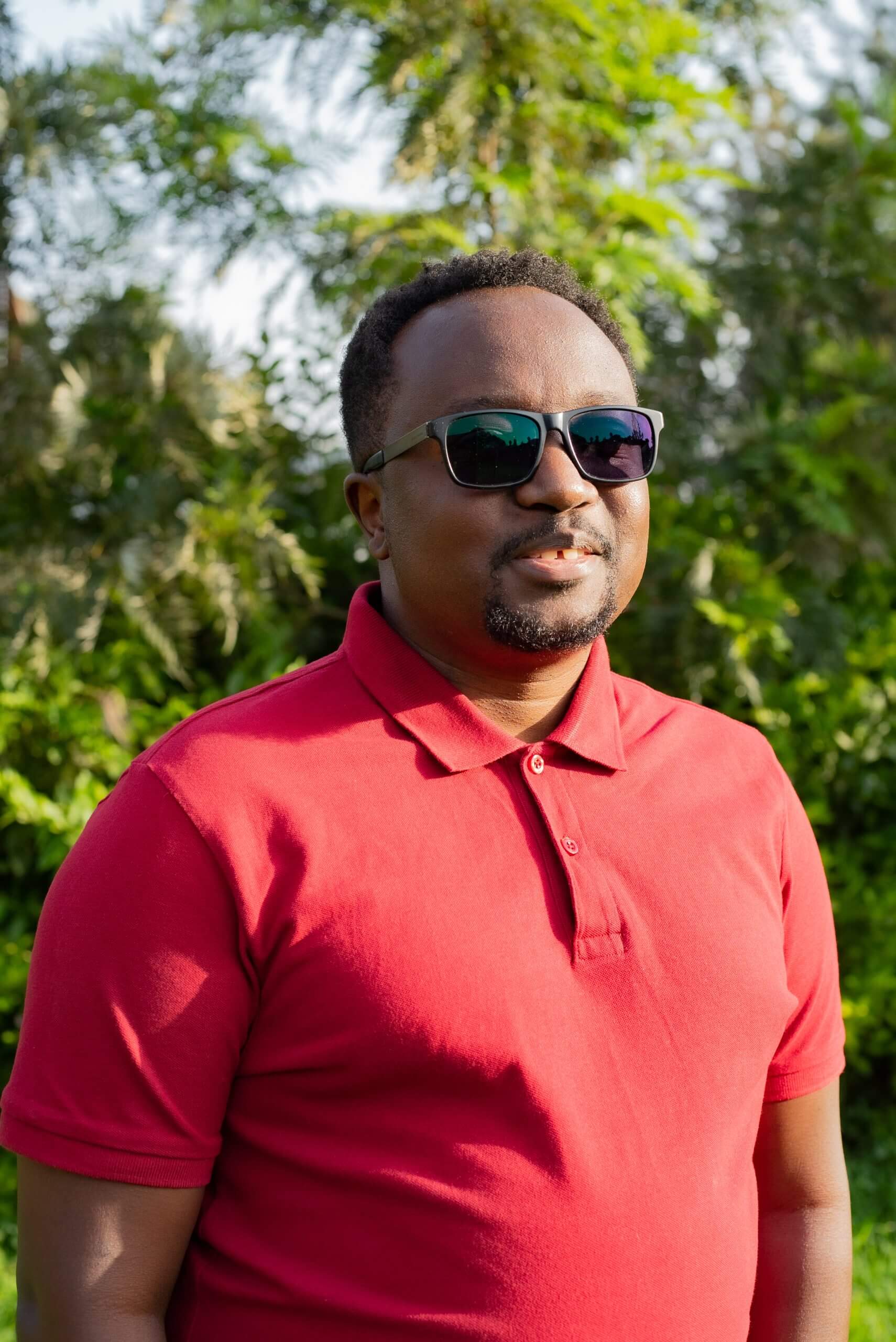
The Marsh Charitable Trust was founded to create a sustainable way to give something back to society by supporting organisations and people who are making a difference. The Marsh Awards celebrate the outstanding contributions of people who are committed to social, cultural and environmental causes. The British Ecological Society is the oldest ecological society in the world and they bring people together across regional, national and global scales to advance ecological science.
The winners of this year’s awards will be presented with their prizes during a ceremony held at the BES Annual Meeting which runs from 12–15 December in Belfast, Northern Ireland. It will bring together over 1,000 ecologists (in person and online) to discuss the latest advances in ecological research across the whole discipline.
Enjoy the British Ecological Society’s interview with David for the award below.
Could you give us a bit of background on yourself and your research career?
I grew up on the slopes of Mount Kenya and completed my undergraduate studies in Nairobi. I started my career studying elephant impact on vegetation in Laikipia, Kenya, before working on Rangeland health research. I then worked for the USDA at New Mexico State University as a Research Assistant for my PhD in Rangeland Ecology, before transitioning into conservation work as the Head of Research at Lewa Wildlife Conservancy. Today, I’m the Director of Research and Impact at Grevy’s Zebra Trust, where I provide oversight on Ecological and institutional Monitoring and Evaluation for the benefit of the endangered Grevy’s zebra.
The Marsh Award for Ecologists in Africa recognises significant scientific achievements of African ecologists. Can you tell us what it means to you to win this award?
The news that I had won this award came as quite the pleasant surprise; it’s a huge honour. I am certain that the nominee pool was full of many deserving African colleagues. To even be considered for this award is a testament of the strength of the training opportunities provided by the mentors and advisors that have supported my career. It is also a welcome validation of the work that my colleagues, collaborating partners, and I have been doing in one of the most beautiful but complex ecosystems in the world.
Your nominee highlighted the outreach work you do, including involving citizen scientists to help monitor species, and your ability to engage both scientists and non-scientists to make your ecology accessible. Can you tell us about this?
In many ways, I was lucky that one of my first ecology jobs involved working at a research centre with pastoralists to monitor the health of their rangelands. I quickly recognized the need to bridge the gap between conservation research and conservation practice, especially on African rangelands. One of the most effective ways we have successfully crowdsourced conservation information has been through the Great Grevy’s Rally, where we work with tourists, landowners, and volunteers biennially to take photos of endangered Grevy’s zebra across their range. We then use these images to get better estimates of Grevy’s zebra numbers and distribution.
